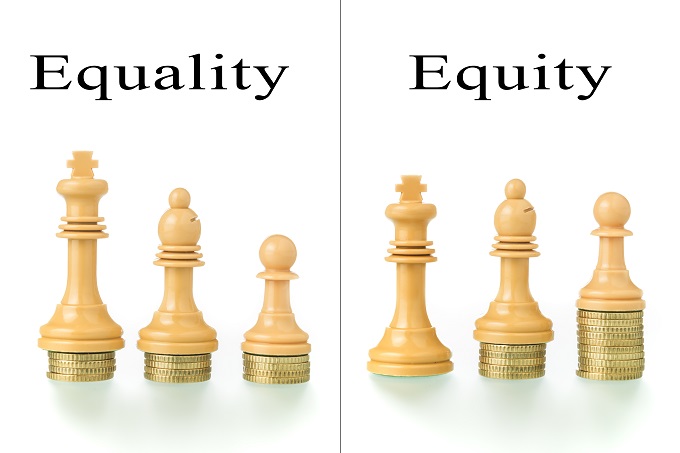What is claim farming and how can you protect yourself?
This unethical scheme not only exploits victim-survivors but can lead to devastating consequences for innocent teachers falsely accused of misconduct.

Claim farming is a predatory practice where individuals are pressured into lodging fraudulent compensation claims, often for historical sexual abuse. This unethical scheme not only exploits victim-survivors but can lead to devastating consequences for innocent teachers falsely accused of misconduct.
Recognising the severe impact of claim farming, the NSW Government has introduced a bill to combat this fraudulent activity and protect both victim-survivors and educators.
Read the latest print edition of School News HERE
In a media release, NSW Attorney General Michael Daley said the Claim Farming Practices Prohibition Bill 2025 “will stop the harm inflicted by claim farmers who seek to profit off vulnerable people such as victim survivors of child sexual abuse.”
The dangers of claim farming
Independent Education Union of Australia NSW/ACT Branch Secretary Carol Matthews said claim farming was a substantial and growing problem in non-government schools.
“There has been an unprecedented increase in claims of historical sexual abuse in the past few years,” Ms Matthews said. “Fake sexual abuse claims devastate innocent teachers as well as their families, colleagues and the school community.”
The Independent Education Union of Australia NSW/ACT Branch welcomed the legislative measures introduced in NSW Parliament recently.
“Fraudulent applications exploit these survivors and undermine the integrity of schemes set up to compensate them,” Branch Secretary Carol Matthews said. “False compensation claims also divert resources away from supporting victim-survivors of historical child sexual abuse.”
Earlier this year, seven people were charged over an alleged fraudulent scheme, whereby the ‘claim farmers’ approached former school students, inmates and young offenders and encouraged them to file fraudulent compensation claims for historic child abuse while in care. The claims were made against the NSW Department of Education and NSW Department of Communities and Justice and stood to make millions of dollars in claims had the scheme not been uncovered.
The bill does not seek to discourage genuine claims of any Redress Scheme, but prohibits people or groups from contacting victims and pressuring them to make a claim, and prohibiting the buying and selling of information relevant to a claim.
How educators can protect themselves
To safeguard against the risks of claim farming, educators should take proactive measures, including:
1. Maintain professional boundaries – Ensure clear, professional interactions with students and colleagues to help prevent situations that could be misinterpreted or manipulated.
2. Document interactions – Keep detailed records of significant student interactions, particularly in sensitive situations, which can provide crucial evidence if an accusation arises.
3. Seek support – Educators should remain informed about their rights and seek legal or union assistance if they face allegations.
4. Participate in training programs – Attending professional development courses on safeguarding practices can help teachers recognise and mitigate risks.
Conclusion
The NSW government’s crackdown on claim farming is a significant step in protecting both victim-survivors and innocent educators from fraudulent claims. By staying vigilant and taking proactive steps, teachers can better protect themselves from the damaging effects of claim farming. Ensuring that legitimate claims are addressed while preventing false allegations is crucial for maintaining trust and fairness in the education sector.







